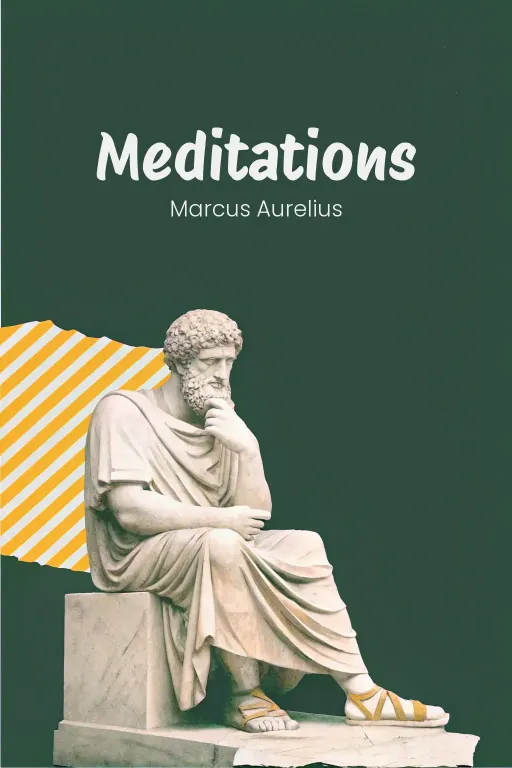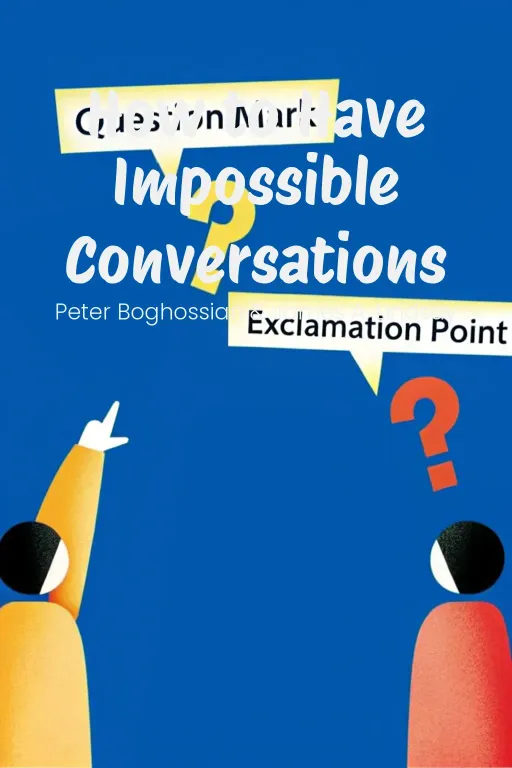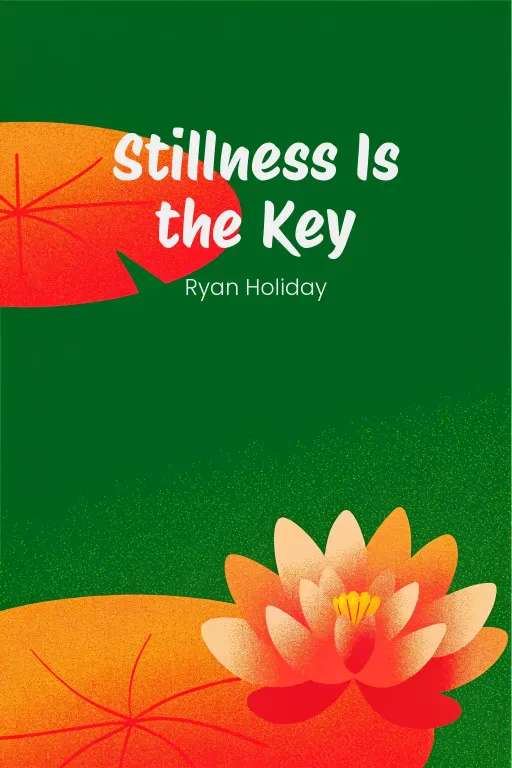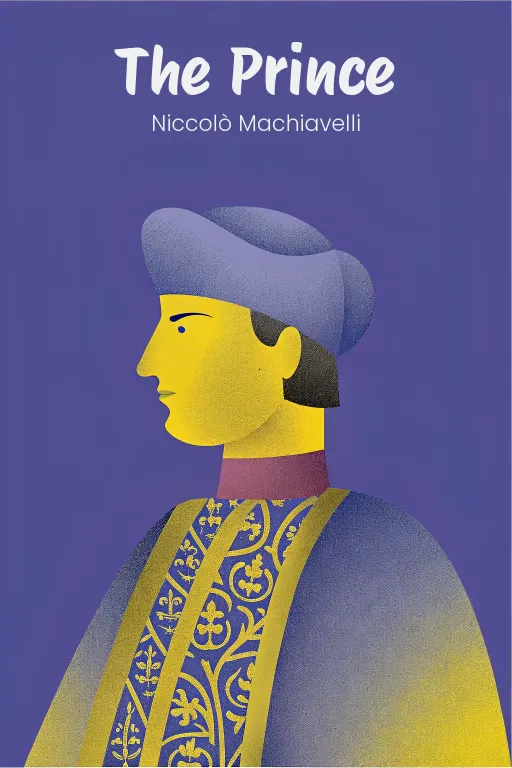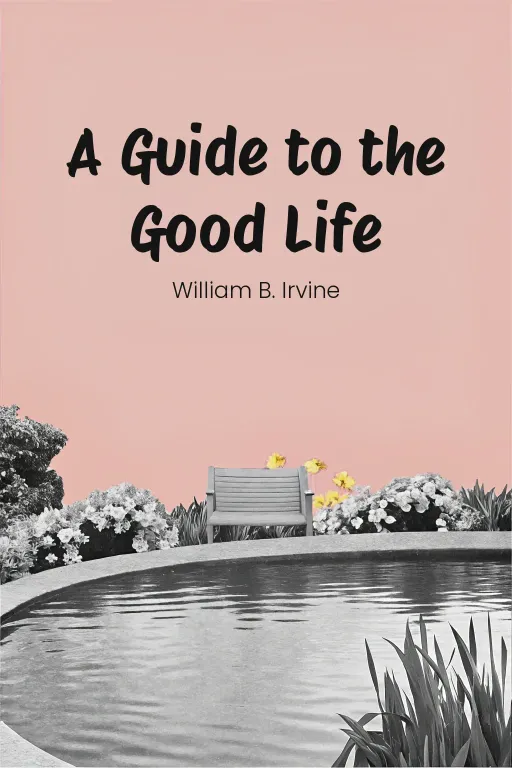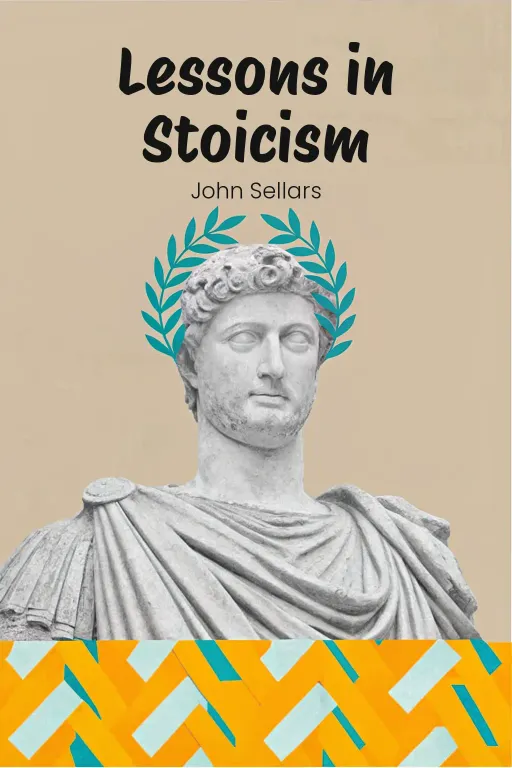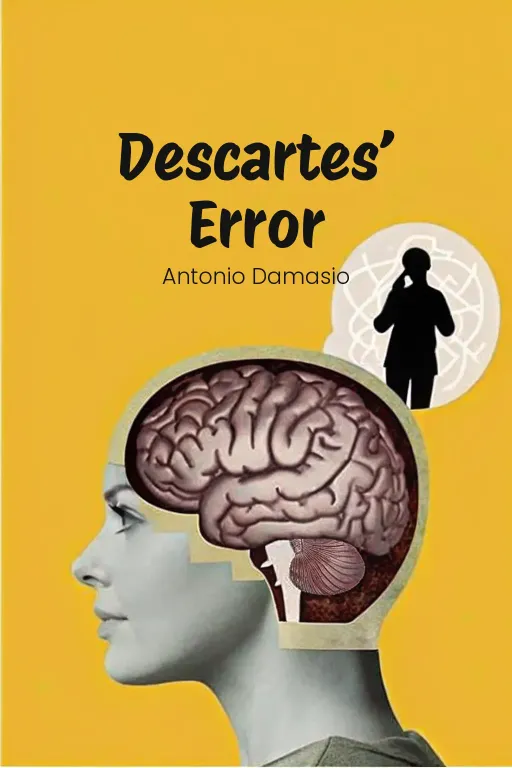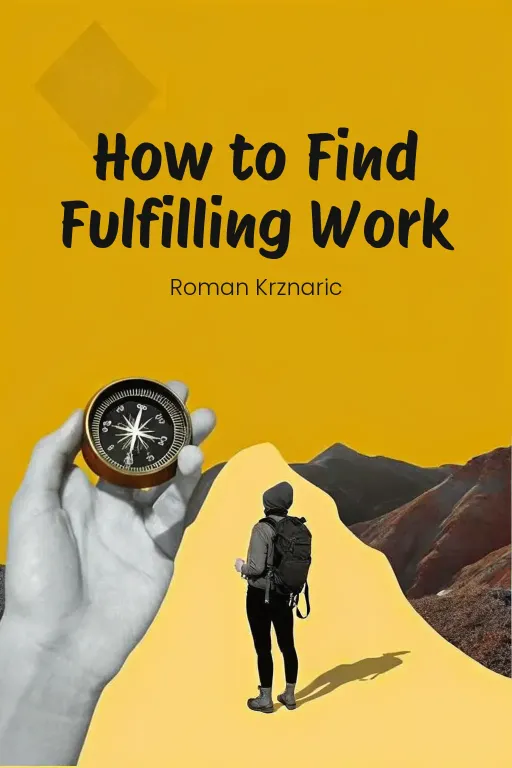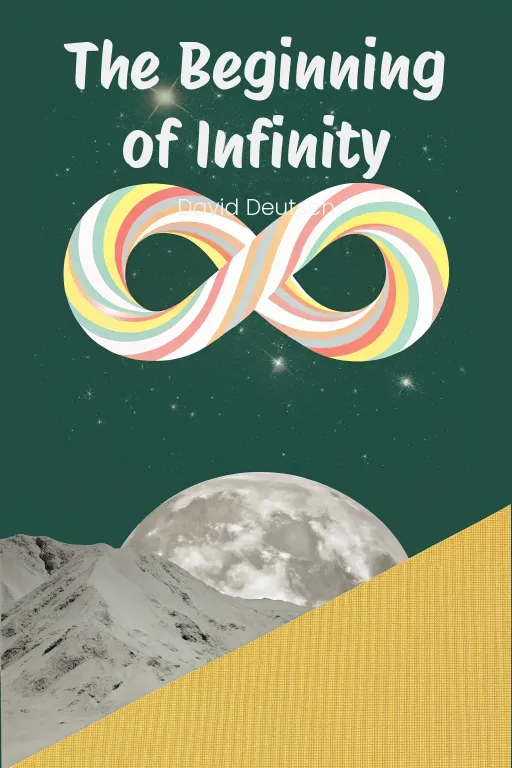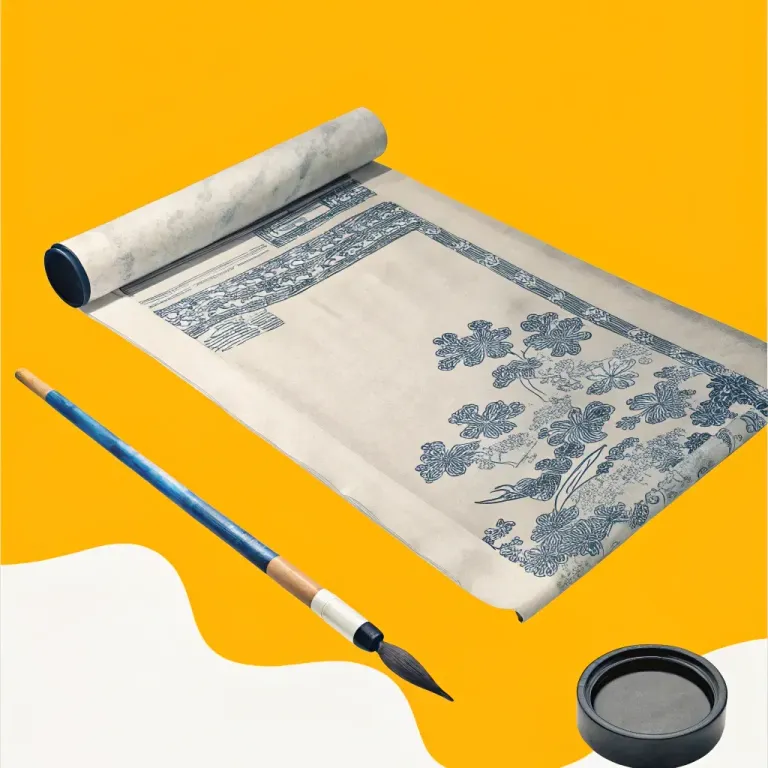
Moral Upgrade: Wisdom from Ancient Minds
Podcast by The Mindful Minute with Autumn and Rachel
Aphorisms and Anecdotes from the Paragon of Chinese Sages
Introduction
Part 1
Autumn: Hey everyone, and welcome! Today, we're hopping in the time machine and heading back about 2,500 years to hang out with Confucius, one of history’s biggest thinkers. I mean, imagine shaping how people think about right and wrong, leadership, and society itself—and still being quoted today. That’s the kind of impact we're talking about. Rachel: Okay, so we're talking about a guy who basically turned life lessons into a global phenomenon, right? And you’re telling me that we can still find solutions to our modern-day craziness in ideas that are older than, well, sliced bread? That's a pretty big statement, Autumn. Autumn: It is, but it’s a statement I think holds up. Confucius's teachings, mostly found in The Analects, aren't just some old, dusty set of rules. They're a framework that connects personal ethics, good leadership, and a harmonious society. Rachel: So, is this basically the ancient Chinese version of… "Get your act together, and the world will follow suit"? Autumn: Precisely! Our conversation today really revolves around three core ideas. First, how building a strong ethical foundation—basically, working on yourself—is key to creating harmony in everything. Then, we’ll dive into Confucius’s pretty revolutionary idea that leaders should lead by being good people, not just by throwing their weight around. Rachel: Ah, so we're calling out politicians today, huh? Should be interesting. Autumn: Absolutely! And finally, we're going to talk about education—Confucius believed it was the way to make the world a better place. These three things together, they're like a timeless guide, showing us how to live with honesty, smarts, and kindness. Rachel: Those are some pretty big promises coming from a guy who didn't have to deal with rush hour or Twitter trolls. But alright, let’s see how Confucius stacks up in 2024.
The Foundations of Confucian Ethics
Part 2
Autumn: So, let’s dive right in, shall we? At the heart of Confucian ethics is the idea that societal change starts with you, with me, with all of us—it's all about self-cultivation, or “hsüeh”. Fixing the world isn’t about some grand revolution, you know? It’s about turning inward, polishing your own character, refining yourself, like refining jade to bring out its natural brilliance. Rachel: Okay, got it. So, if I ditch the sitcom reruns and actually dive into a book about, say, humility, I’m doing my part for society? Autumn: Absolutely! Confucius saw the individual as this kind of ethical bedrock. Become a person of virtue, and that goodness spreads outwards, influencing your family, your community, eventually society as a whole. Like dominos, but with kindness and decency. And to make this happen, he emphasized three core, interconnected values: jen, yi, and li. Let’s start with jen—benevolence, or, in plain English, just… not being a jerk. Rachel: <Laughs> So we're kicking this off with don't be a jerk? Profound! Autumn: <Laughs> but don't underestimate it! For Confucius, jen is all about empathy, compassion, actively doing good. It’s not just passive niceness; it’s a conscious choice to treat others with respect and consideration. He famously said, "Do not impose on others what you yourself do not desire." It's one of the earliest versions of the Golden Rule, and really the ethical foundation of his whole philosophy, you see? Rachel: Okay, but it still sounds like pretty basic decency. Did Confucius really need to spell all this out? Autumn: You’d think it’d be common sense, right? But think about history, even look around today – how easily people forget this. Confucius wasn't just telling people to be polite; he made jen active and almost… ambitious. He actually wanted people to actively seek ways to care and connect, even when it’s inconvenient, even when it’s uncomfortable! This is a personal commitment to contributing to the greater good, starting with the simple—but often hardest—thing which is just treating people decently. Rachel: Alright, but easier said than done, especially when people don't return the favor, right? How did Confucius deal with that kind of thing? Autumn: Well, here's a good example: one of his disciples, Yen Hui, wanted to really embody jen by, get this, governing a whole state. But Confucius didn't say, "Go for it!" He actually told him to focus on self-discipline first—consistently treating others with kindness. Not about grand gestures, but building goodness into your daily life. It's like that old saying: you can't pour from an empty cup. Rachel: Okay, so step one: don't be a jerk. Step two: make not being a jerk your daily mission. Got it. Now, what about yi—righteousness? Where does that fit in? Autumn: Okay, so, if jen is the heart of ethics—the empathetic part—yi is the mind, you know? The sharp, discerning mind. It’s the principle that guides you to not just be nice, but in fact stand for what’s right, even when it’s tough, even when it's not convenient. It’s about moral judgment, having the courage to pursue justice and fairness, over personal gain. Rachel: So, it’s the choice between doing what's right and what's easy… or profitable. And, let’s be honest, a lot of people mess that one up. Autumn: Absolutely. Confucius even called out people who put money before morals. I always think of this story about an official from the state of Lu who was obsessed with getting rich. Confucius just flat-out said, "If all you care about is your salary, you’ve already failed as a human being." Rachel: Ouch! Blunt. I like that. So he's saying chasing money at the expense of ethics isn't just selfish—it's, like, “shameful”. But, playing devil’s advocate for a sec: isn't it easy for someone who lived centuries before capitalism to say all this high-minded stuff? Autumn: True, true, good point. But Confucius wasn't against having wealth. He cared about what you prioritized. If your pursuit of wealth is causing harm—you’re exploiting people, lying, not taking care of your responsibilities—then you’re on the wrong side of yi. He believed true success came from lining up your actions with your moral compass, not just piling up cash. Rachel: Fair enough. Now, let's talk about li. This one seems, like, super tied to tradition and rituals, which feels… well, disconnected from today. Why even bother with manners or ceremonies? Autumn: Li—often translated as propriety or rites—is about creating harmony through structure, right? So, it’s not just performing ceremonies or following etiquette for the sake of it. Confucius thought that proper behavior teaches respect, develops discipline, and strengthens relationships. Think of it as a blueprint for peaceful co-existence. Rachel: So, it’s less about bowing the right way and more about, like, learning to live with other people, smoothly? Autumn: Exactly! Take mourning rituals, for example. One of his disciples questioned why these drawn-out mourning practices were even necessary. Confucius’ response was that these rituals weren’t just for show; they were meaningful ways to express love and respect. They helped people process grief, sure, but they also deepened their connection to their families, taught them gratitude, and reverence. Rachel: That’s… actually surprisingly deep for something like mourning. So he's saying that even small, structured actions can shape how we feel, and how we grow as people? Autumn: Exactly that. To Confucius, li was the bridge between abstract virtues and daily actions. By practicing respect for your elders, gratitude to your family, even just basic politeness, you internalize those ethical values, like compassion and integrity. It’s like muscle memory for morality. Rachel: Okay, I'll give you that. Now, you mentioned families specifically—what's the deal with filial piety in all this? Autumn: Ah, hsiao, or filial piety. This is huge in Confucian ethics. The idea is that honoring and caring for your parents is the foundation for developing broader respect and kindness in society. Families are the training ground for ethics. If you can treat your parents with love and respect, those virtues will naturally spread outward. Rachel: Like ethical training wheels? Start by loving your parents, and you suddenly save the world? Autumn: <Laughs> well, in a way, yes! Confucius saw the family as the very first place where virtues like jen, yi, and li are practiced and tested. One of his disciples even said that a son who shows filial piety will be a loyal, respectful member of society. It’s that ripple effect we talked about, starting at home and reaching out to the world. Rachel: Okay, I see the logic. But it still feels ideal, right? What about societies where families aren’t harmonious? Where does that leave you? Autumn: Confucius knew that not every family is perfect. But his core idea is that families should be the foundation of ethical behavior, in principle. Starting there offers the best chance for nurturing kindness and stability, you know? Even in complicated situations, it’s about trying to foster those values, even imperfectly. Rachel: Gotcha. So, to recap: don’t be a jerk, follow your conscience, and respect your family—all of which is supposed to make better humans, and then, a better society. Did I get that right? Autumn: Spot on! And with those three foundational values—jen, yi, and li—Confucius created a system that links personal growth to harmony in society. For him, improving yourself morally wasn't just about your own enlightenment; it was about setting off that ripple effect, one ethical act at a time.
Governance Through Virtue
Part 3
Autumn: So, this foundational emphasis on ethics leads us to the next pillar: governance through virtue. Self-cultivation refines your character, and governance through virtue extends that refinement to society. It bridges ethics and practical application, showing how Confucian principles translate into leadership. Rachel: Ah, so we’re about to see how being a moral diamond results in good leadership? I'm intrigued. What’s the Confucian philosophy here? Autumn: Confucius believed that effective leaders rule through moral example, not fear. A ruler’s actions—jen, yi, and li—inspire their people. It's leading by virtue, not brute force. He even said, "If a man is correct in his own person, there will be obedience without orders being given." Rachel: Okay, but how does this apply in the real world? Historically, a heavy hand seems more effective than being a moral example. Autumn: Confucius focused on lasting harmony, not short-term results. Governance through virtue creates a ripple effect—benevolent and fair rulers inspire voluntary emulation. A story illustrates this: In Lu, Confucius encouraged officials to prioritize moral integrity. Over time, villages became more harmonious because people mirrored their leaders’ ethical conduct. Rachel: So, ethical leadership is contagious? Interesting. But what if the “moral exemplar” isn’t so moral? History is full of corrupt rulers. Autumn: Exactly, and Confucius knew it. He saw corruption as a grave threat. If a leader lacks integrity, it destabilizes the system. That’s why rulers must cultivate their own righteousness—it’s the cornerstone of trust. Rachel: Trust, huh? He had something to say about that, too? Autumn: Absolutely! Trust, or hsin, is critical in Confucian governance. Confucius believed trust is the foundation between rulers and the ruled. Without it, governance collapses. He said, “Give them enough food, give them enough arms, and the common people will have trust in you.” But he stressed that trust is the one thing you cannot compromise on. Rachel: Wait a minute, he placed trust above food and military security? That’s bold. Explain that. Autumn: Think of it this way: without trust, resources or power can’t hold society together. If people don’t believe in their leader, they become disconnected, even rebellious. Trust allows people to willingly follow, cooperate, and uphold the system. Resources and force manage short-term crises, but trust sustains order long-term. Rachel: Meaning, Confucius is saying that governance runs on moral credit. If you burn through it, money or muscle won’t fix things. Surprisingly modern. Autumn: Exactly. And it gets even more nuanced: Confucius linked trust to rituals—or li—as another tool for ethical leadership. Rachel: Ah, li. Back to rituals. How do these old-school customs play into leadership? Autumn: To Confucius, li created shared respect and moral behavior. Performing rituals sincerely and aligning actions with yi—righteousness—helped set a moral tone. Rituals provide discipline and mutual respect, making a leader’s virtue visible. Rachel: But rituals shouldn’t just be robotic routines, right? It’s not about going through the motions, but believing in the principles behind them? Autumn: Exactly. Confucius warned against hollow traditions. A ruler participating in rites for show, without compassion or fairness, won’t inspire trust. Ritual should be a living expression of moral commitment, not a hollow pageant. Rachel: So, rituals are like performance art for ethics? Showing people what virtue looks like so they can join in? Autumn: You could say that! Confucius believed that when leaders model rituals rooted in moral values, they reinforce societal harmony. It’s about transforming abstract ethics into visible, actionable practices. Rachel: Alright, virtues, trust, and rituals in harmony. But what does society look like under a virtuous leader? Autumn: For Confucius, it would be stable, with mutual respect and cooperation. People follow not from fear, but because they're inspired to do good. He contrasted this with societies governed by fear and punishment, which might achieve compliance but breed resentment and instability. Rachel: So it’s the difference between obeying the law because you believe in it versus just avoiding a fine? Autumn: Exactly! That internalized morality makes virtuous governance powerful. It’s less about enforcing laws and more about cultivating shared responsibility for ethical living. Rachel: I wonder, this whole governance-through-virtue thing seems utopian. What happens in less-than-ideal conditions, like modern politics? Autumn: It’s a demanding standard, and Confucius never said it would be easy. But even in imperfect systems, it pushes leaders to prioritize trust, moral education, and welfare over force or deceit. It challenges us to rethink leadership as a moral responsibility, not just a position of power. Rachel: I’ll admit, it’s compelling. Maybe some current leaders could learn from it—assuming they’d tune in to, you know, “Confucius FM.”
Education and Lifelong Learning
Part 4
Autumn: You know, with governance based on virtue, naturally, education plays a huge role. Confucius really saw education as “the” way to build a virtuous society. It wasn't just about good leadership; it was about creating harmony for everyone through developing moral character. And, importantly, education wasn't just about memorizing facts – it was a lifelong thing involving continuous learning and reflection. Rachel: So, let me guess – we’re talking about that big Confucian idea that learning isn't just for school kids, right? It's for everyone, always, because you're basically never 'done' improving yourself? Autumn: Absolutely. In Confucianism, learning – or hsüeh – isn't a destination; it's a continuous, dynamic process aimed at self-cultivation. But hold on, it's not just about packing your head with facts. Confucius was adamant that learning needs to go hand-in-hand with reflection – ssu. Without it, he thought your knowledge was pretty shallow or even risky. He famously said, “To learn without thinking is futile; to think without learning is dangerous.” Rachel: So... Mindlessly memorizing things – basically cramming – that makes you… useless? Autumn: That's pretty much the gist. Confucius really believed in balancing gaining knowledge with asking yourself how to use it. If you only focus on one – hsüeh without ssu, or the other way around – you end up either swamped with information or just morally blind. He saw it as the key to wisdom. Rachel: Okay, but how do you actually do that, though? I mean, it sounds good on paper, but what if there's no real life examples of people who actually hit that balance? Autumn: Well, take Tseng Tzu, one of Confucius’ most devoted followers. He made it a daily habit to reflect on himself, just to stay on track with his moral growth. He'd ask himself, you know, "Have I been trustworthy? Have I been honest with my friends? Have I followed my teacher's guidance?" This wasn't just ticking boxes; it kept him grounded in living ethically, mixing learning and reflection in practical ways. Rachel: A moral workout... constant self-assessment. But three questions? Isn’t that a bit much to keep up with? Autumn: It might seem like a lot, but it's really more about the intention. Confucius was all about how even small, consistent actions of reflecting can really change you. Tseng Tzu wasn't after perfection; he was just pushing himself to align his actions to his values. Rachel: Right, like holding up a mirror to your character. You don’t just look; you act on what you see and try to improve. But that's, like, step one of Confucius' big eductaion plan, right? "Don't just learn, but think critically about what you learn?" Autumn: Exactly. And Confucius didn’t stop there. His teaching style was just as revolutionary. It wasn’t about force-feeding answers. Instead, he'd tailor his teaching to each student’s strengths, weaknesses—their potential. He was more like a guide than a lecturer. Rachel: So, no rigid syllabi or standardized tests in Confucius’ class? Autumn: Nope. He was more interested in shaping his students' character than just drilling them with facts. He was also pretty good at using humor and practical wisdom to get his points across. Remember that time he used a playful analogy to call out a disciple named Tzu-yu? Tzu-yu was making things too complicated, so Confucius quipped, “Surely you don’t need to use an ox-knife to kill a chicken.” Rachel: Ouch – shade and practicality, all in one. But I bet not all his students were as open to his “tough love” as others. Autumn: Good point. Confucius described a lazy student as “a piece of rotten wood that cannot be carved.” Harsh, huh? But it wasn’t about shaming him; it was more a wake-up call regarding wasted potential. What’s interesting is, even when he was blunt, his students respected him because they knew it came from a place of caring and believing in them. Rachel: Okay, tough love... no sugarcoating failure. Still managed to inspire loyalty? That's impressive. Autumn: It's because he balanced critique with encouragement. And it wasn’t all talk. He’d point to real-life examples like Yen Hui—one of his most admired students. Known for being humble and dedicated. Rachel: Yen Hui—wasn’t he the one who lived on like, the bare minimum and didn’t have any luxuries, but was still happy? Autumn: That’s him. Confucius admired him because he showed how education could help you build character. He once said something like, “Eating simple rice, drinking water, using your elbow as a pillow—others would find that miserable, but Yen Hui finds joy.” He wasn’t just learning to gain knowledge; he was learning to live virtuously, finding more satisfaction in moral improvement than material stuff. Rachel: I mean, that’s impressive, but... super rare. How many people would be happy in those conditions? Autumn: Exactly why he stood out. Yen Hui’s story shows that true education can create a strong character, that's combined with humility. For Confucius, learning was not just about getting good grades or excelling, but mastering the art of living ethically. Rachel: Okay, Yen Hui is the MVP. But here’s what I don’t get. Confucius was always pushing for humility but was also kind of reinterpreting traditions? Was that ever contradictory? Autumn: Good question. Confucius was trying to balance respecting tradition with not being too rigid. He thought you should learn from the past, but only if it helps you make better choices in the present. He had this saying – “review the old to discover the new” – which sums that up perfectly. It's like honoring the wisdom that came before you while also staying adaptable. Rachel: So, not smashing traditions, but renovating them. Keep what works, ditch the rest. Autumn: Precisely. One of his teachings says that rituals need to be sincere. If you’re just going through the motions without really understanding or feeling anything, they don’t mean anything. For him, tradition was about creating real human connections and growing morally, not just following rules. Rachel: That’s kind of refreshing. Traditions as tools, not chains. But it seems like he was asking for a lot. Constantly reflecting, balancing tradition with change, putting morality above everything else... Sounds exhausting. Autumn: Definitely a high bar! But Confucius wasn’t aiming for an easy life; he was aiming for a “meaningful” one. He challenges us to see education as a never-ending journey – academic, personal, and moral. It’s just as much about discovering yourself as it is about making a difference in the world. Rachel: Alright, you’ve convinced me of the potential. Still might sound a bit idealistic, but I get the appeal: education, Confucius-style, might just be the ultimate character development arc.
Conclusion
Part 5
Autumn: Okay, so to bring it all together, today we dove into the core of Confucian thought. We started with the idea that self-improvement is the bedrock of all ethical behavior. We explored how values like “jen” – that's benevolence or humaneness – “yi”, which is righteousness, and “li”, basically propriety or ritual, these aren't just about shaping individual character, but really about creating harmony in society as a whole. Then, we looked at this concept of governing through virtue where leading with trust and strong morals is way more effective than just using force. And finally, education. We talked about how it's really the key to personal growth, reflection, and honestly, making the world a better place. Rachel: Right, so the crux of Confucianism is: focus on yourself, act ethically, and lead by example. It’s like a ripple effect. If enough people consistently do the right thing, you create major positive change, at every level from families to, well, entire governments. Autumn: Precisely. Confucius was always reminding us that real change begins with each of us. So, our challenge to everyone listening is: start right where you are. Commit to being kinder, take ownership in your local community, or just take a moment to reflect on one small thing you did each day. You have the ability to lead by example, just like Confucius envisioned. Rachel: And, you know, the world could definitely use a few more people shining their inner light. So, get to work on perfecting yourselves, and maybe channel a bit of Confucius the next time life throws you a curveball. Autumn: Great advice, Rachel. And remember what Confucius said: “To learn without thinking is pointless, but to think without learning is dangerous.” So stay curious, keep reflecting, and keep striving to become the best version of yourself. Rachel: Alright folks, until next time—try not to be a jerk, engage your brain a bit more, and maybe think twice before you ghost your group chats. I’m pretty sure Confucius would approve.
